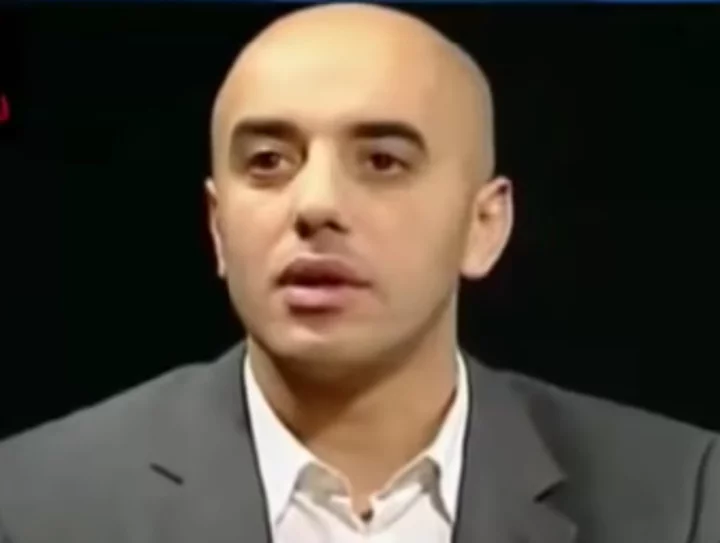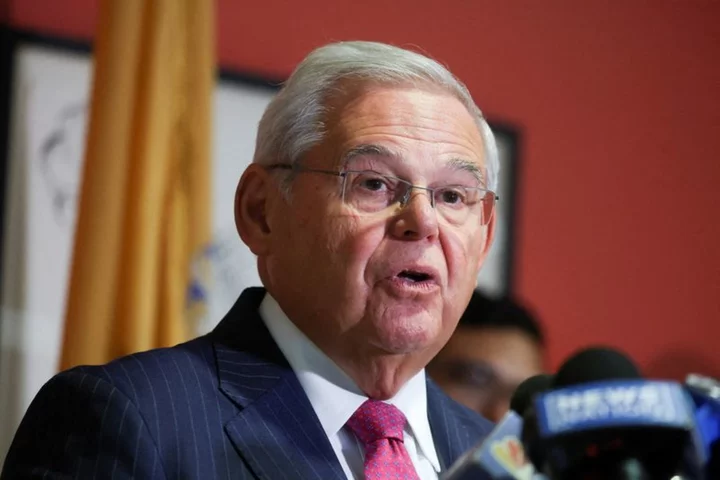SEOUL North Korea confirmed for the first time on Wednesday that it is holding American soldier Travis King, saying he crossed the border last month to escape racism and mistreatment in the U.S. military and society.
WHO IS PRIVATE KING?
Private Travis T. King, who joined the U.S. Army in January 2021, is a cavalry scout with the Korean Rotational Force, which is part of the U.S. security commitment to South Korea.
He was assigned to an element of the U.S. 1st Armored Division and was now administratively attached to a unit in 4th Infantry Division, a U.S. army spokesperson said.
His record includes routine awards such as the National Defense Service Medal, the Korean Defense Service Medal and Overseas Service Ribbon.
His family is from Racine, Wisconsin.
WHY DID HE CROSS TO NORTH KOREA AND WHERE IS HE NOW?
King's motivation and exact location remain unconfirmed.
He "harbored ill feeling against inhuman maltreatment and racial discrimination within the U.S. Army" and wanted to stay in the North or a third country because he was "disillusioned at the unequal American society," according to North Korean state news agency KCNA.
KCNA said he was held by the North Korean army after he crossed, but did not elaborate.
The Pentagon on Tuesday said that it could not verify King's alleged comments, but that it was working through all channels to bring him home.
King's uncle, Myron Gates, told ABC News in August that his nephew, who is Black, had experienced racism during his military deployment, and after he spent time in a South Korean jail, he did not sound like himself.
Another uncle, Carl Gates, told the Daily Beast his nephew had been "breaking down" after the death of a 7-year-old cousin this year.
HOW DID HE GET TO THE BORDER?
King had served nearly two months in detention in South Korea and was being escorted to Seoul's Incheon International Airport to fly home and face probable disciplinary action. But he never made it to his plane.
He had passed alone through security to his gate at the airport, where he told American Airlines staff that he lost his passport, an airport official told Reuters.
Escorted by an airline worker with the approval of a South Korean justice ministry official, King left the boarding zone and was seen exiting through a departure gate.
The next day King joined a bus tour of the heavily fortified Demilitarized Zone (DMZ) that has separated the two Koreas since the Korean War ended in 1953 with an armistice.
WHAT HAPPENED AT THE BORDER?
Roughly 24 hours after leaving the airport, he sprinted into North Korea while touring the Joint Security Area, which sits astride the border.
Sarah Leslie, a tourist from New Zealand who was on the tour with King, said she saw him suddenly run across the border as U.S. and South Korean troops tried to stop him.
"I probably only saw him running for like a few seconds and that's all it would have taken to get across the border," she said.
WHAT DISCIPLINARY ACTION WAS HE FACING?
Two U.S. officials, who spoke on condition of anonymity, said he had been due to face U.S. military disciplinary action, without saying what the action was linked to.
A South Korean court ruling said King pleaded guilty to assault and destruction of public goods stemming from an incident in October and on Feb. 8 the Seoul Western District Court fined him 5 million won ($4,000).
He faced two allegations of assault, and pleaded guilty to one instance of assault and destroying public property for damaging a police car during a profanity-laced tirade against Koreans, according to court documents.
King spent time in a South Korean prison, however, in lieu of paying the fine.
(Reporting by Josh Smith. Editing by Gerry Doyle)









